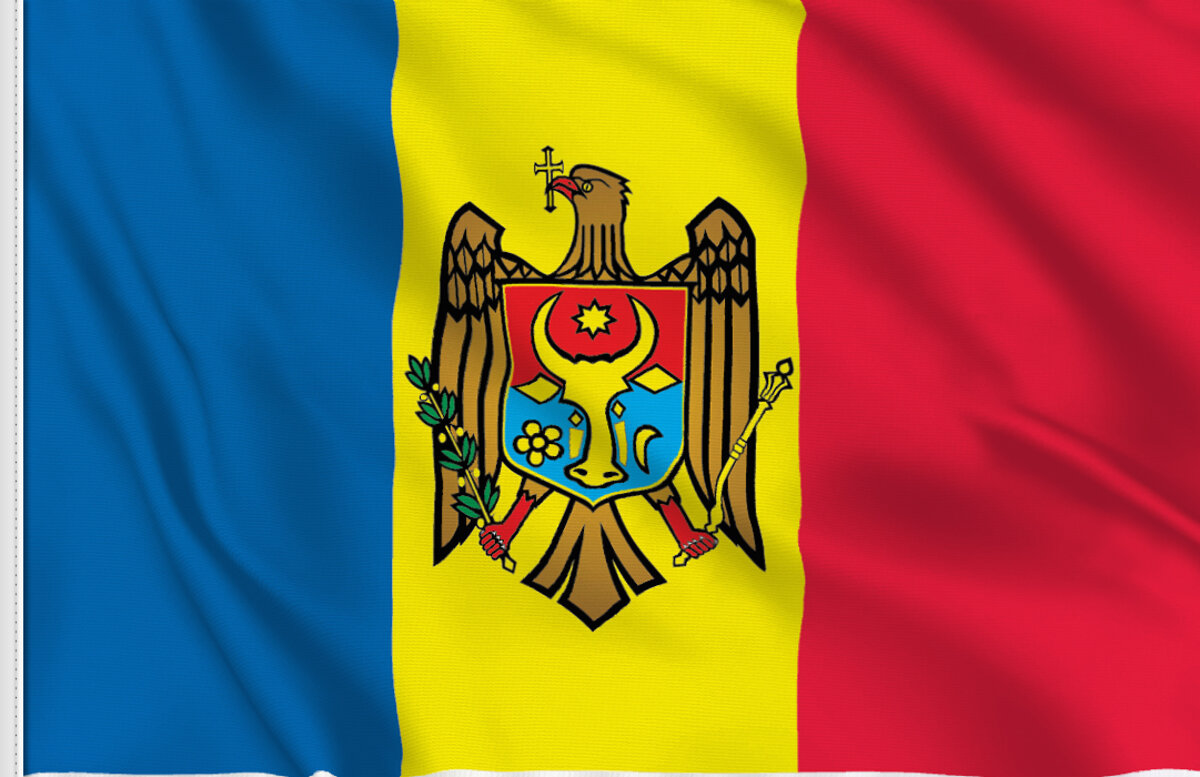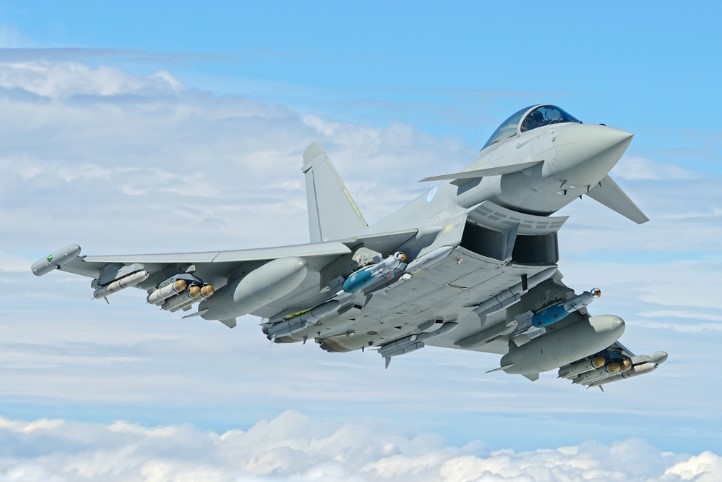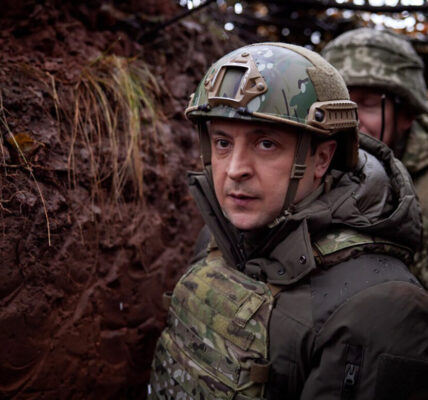Moldova has squarely been in the Kremlin’s crosshairs since the outset of Russian President Vladimir Putin’s ‘special military operation.’ Ever since 1992, when the Russian army occupied the non-NATO country’s Transnistria region, the Moldovan government has been under tremendous pressure. It bent, then subsequently broke prompting the resignation of Prime Minister Natalia Gavrilita.
Saddled by an energy crisis, “skyrocketing inflation,” and Russian missile incursions into Moldovan airspace – all deliberately brought on by Moscow, Gavrilita’s government collapsed on Friday, February 10th, only three days after the European Union (EU) and the Moldovan Association Council met in Brussels to further strengthen cooperation as a bridge to full EU membership.
It is, for now, a non-kinetic success for the Kremlin that likely will be short-lived; however, Moscow will remain lurking in the shadows.
Moldova has been an ongoing ‘objective’ for Putin since the beginning of the war. Early on, Russia’s not-so-subtle references sent a clear message to the small country strategically nestled between Ukraine and Romania. In March, Belarusian President Alexander Lukashenko was seen standing in front of a tactical map graphically signaling the Union State’s intent to invade Russian-occupied Transnistria. To underscore the Kremlin’s intentions, shortly later in mid-April, Rustam Minnekayev, a key Russian general, menacingly noted that, “control over the south of Ukraine is another way out to Transnistria, where there are cases of Russian-speaking people being oppressed.”
Putin’s game plan is from an old and tired Russian playbook. Deploy “liberation” as a war justification and pontificate he is only out to save “Russian-speaking” populations and to support pro-Russian separatists – exactly what he did in his five-day war in 2008 over Georgia’s breakaway regions of South Ossetia and Abkhazia, then again in Crimea in 2014, followed on by the Donbas region. Transnistria and Moldova were likely to be next up once Ukraine’s government in Kyiv was overthrown.
Gavrilita foresaw what was coming and she was “very worried” Russia might invade her country. In late July, she proclaimed, “If a country can start an annexation war without any regard for international law, then in this sense, nobody is safe.”
Moldova gained its independence from Russia in 1991, and has, ever since, been seeking to align economically and diplomatically with the West, including successfully obtaining “candidate status” alongside Ukraine last June to join the EU. One month later, Moldova began drawing its own red lines, including when a spokesperson for the Ministry of Foreign Affairs of Moldova declared that Russian officers are “not allowed into the territory of Moldova.” Chișinău then reiterated the “need to unconditionally resume the process of withdrawing Russian troops [approximately 1,500] and ammunition depots from our country.”
Putin and the Kremlin were clearly agitated as a result.
Moscow was further angered when NATO announced both Sweden and Finland would submit applications for membership to join the alliance. While a Russian victory in Ukraine was proving elusive, securing Odessa and land-locking Ukraine last May was still a possible outcome for the Kremlin – rendering Moldova highly vulnerable.
Ukraine’s counter offensive later in September provided much-needed breathing room to Chișinău. But even as Putin’s ground forces were being systematically dismembered in Ukraine, he was likely tasking his Federal Security Service (FSB) to develop a plan to overthrow the Moldovan government.
The latest round of the Kremlin’s intimidation tactics likely helped push the Gavrilita-led government over the edge. On February 4th, Russian Foreign Minister Sergey Lavrov, asserted “Moldova is the West’s new anti-Russian project” and claimed “the West had now set its sights on the Republic of Moldova to have the role of the next Ukraine.” Lavrov’s statement was shortly followed by a Russian missile, likely fired from the Black Sea, that crossed over Moldovan airspace enroute to its intended target in Ukraine on the morning of February 10th.
Foreign Minister Nicu Popescu responded to the breach of Moldovan airspace by summoning Russia’s ambassador in Chișinău, Oleg Vasnetsov, “to indicate the unacceptable violation of our airspace.” That afternoon, the Moldovan Prime Minister announced her resignation, stating “no one expected her government would have to manage so many crises caused by Russian aggression in Ukraine.” Moldovan President Maia Sandu immediately named former interior minister Dorin Recean, described as both pro-EU and pro-western, as her replacement.
Russia is adamant that Moldova remains non-NATO and non-EU and threatens a ‘Ukraine-like’ resolution should the tiny nation in Bessarabia continue their pursuit. Sandu has condemned Russia’s attacks on Ukraine, taken in refugees, and acknowledged in late January that a “serious discussion [is needed] about her country’s capacity to defend itself and whether it should be part of a larger alliance.” All to the displeasure of Lavrov and Vitali Ignatiev, the so-called foreign minister of Transnistria. Other than the rhetoric or political assassinations, however, there is not much Russia can do, except undermine and attempt to destabilize the government.
According to Ukrainian President Volodymyr Zelensky, that is exactly what Moscow plans to do. While addressing the EU on February 9th, Zelensky stated he informed Sandu of an alleged secret plot by Russian Intelligence to “destroy Moldova.” Moldova’s Intelligence and Security Service confirmed receipt of the information and said it had identified “subversive activities, aimed to undermine the Republic of Moldova, destabilize and violate public order.”
Militarily, Russia presently poses minimal threat to Moldova; however, Putin’s highly capable intelligence services remain an ongoing existential risk to Moldova. Toppling the country’s civilian government, one way or the other, would be a classic Soviet-era Komitet Gosudarstvennoy Bezopasnosti (KGB) operation. Sandu is convinced that this is the main goal of the Russians in order to establish a “puppet government” to prevent Moldova from joining the EU – in addition to using Moldovan territory to launch attacks on Ukraine.
While Russia’s Foreign Ministry spokeswoman Maria Zakharova dismissed Sandu’s accusation as “absolutely unfounded and unsubstantiated,” the never ending war and Washington’s inability to provide an end state in Ukraine is keeping Moldova at risk and in the direct crosshairs of Moscow. Moreover, Moldova will be an even greater existential risk if Putin survives his faltering ‘special military operation’ in Ukraine and remains in power.
To counter this hazard, Chișinău desperately needs the assurance of a Western alliance. The EU must accelerate its admission process and give Moldova and Ukraine, if not Georgia as well, economic and diplomatic peace of mind. If not, the inheritors of the KGB may pull the trigger first to the Kremlin’s advantage.


















































































































































































